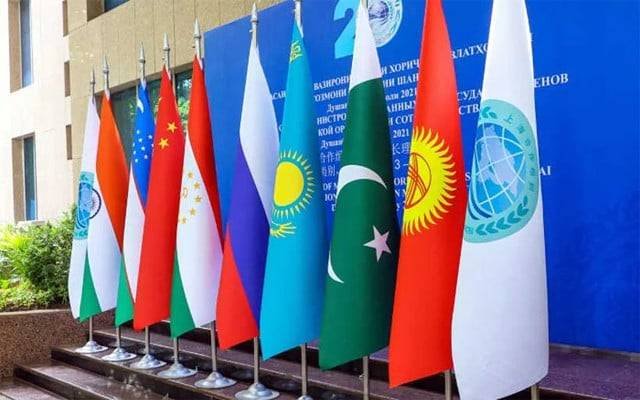The Resident Representative for Pakistan from the International Monetary Fund (IMF), Esther Pérez Ruiz, expressed her support for reforms in the public sector to improve efficiency in generating resources for enhancing public services, developing human capital, and upgrading infrastructure in a fair and sustainable manner. During an interaction with experts, civil society, and academia, Ruiz highlighted the improved confidence in policymaking following the launch of the Stand-By Arrangement in July 2023. She noted positive developments such as a significant decrease in inflation, a substantial increase in international reserves, and overall economic progress. Despite facing challenges from external factors and the destructive impacts of the 2022 floods, Pakistan has successfully restored economic and financial stability over the past fiscal year, as stated by Ruiz.
Furthermore, Ruiz emphasized the need for fundamental reforms in Pakistan’s economic structure to ensure that the IMF deal leads to lasting positive impacts. She underscored the importance of shifting the country’s development model away from state intervention in economic decisions, with a focus on promoting competition, reducing trade barriers, and streamlining regulatory burdens. Additionally, she highlighted the key priorities outlined in the new IMF Extended Fund Facility (EFF), which align with the government’s reform program and aim to set Pakistan on a path towards resilient and inclusive growth. These priorities include measures to protect real incomes, provide affordable energy, advance energy sector reforms, and improve tax fairness. Ruiz also stressed the significance of enhancing the role of provinces in fiscal affairs to balance resources and spending programs between federal and provincial governments.
Moreover, Ruiz pointed out that investing in people through healthcare, education, training programs, and fostering entrepreneurship can significantly enhance growth potential and inclusiveness, based on international evidence. The discussion, hosted by the Sustainable Development Policy Institute (SDPI), provided insights into the long-term impacts of the EFF and macroeconomic stability measures proposed in the program. The session concluded with an extensive question-and-answer session involving experts, think tanks, academia, civil society members, practitioners, and the media, facilitated by the IMF Resident Representative.















